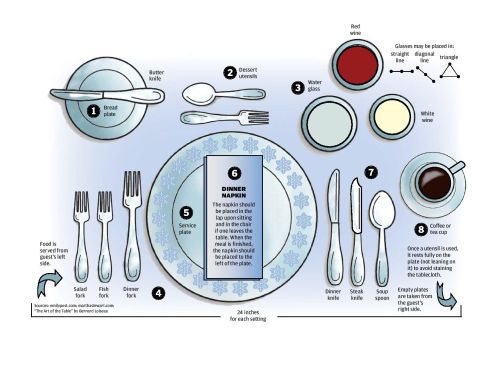I have been thinking about something I am calling white reconciliation after Trump’s win. White reconciliation names the range of ways ideologically and politically divergent whites are gathered by and into white supremacy by being offered a seat at the family table. As Christina Sharpe points out, white kinship is a political and affective vernacular that subtends and operates alongside white supremacy (I’ll add the link when it’s available). White supremacy uses white kinship to sustain itself: “for our wives and children”; “for our families”; “protect the family”; “protect our children.” This kinship is both filiative (by blood) and affiliative (by choice). And while the language of white supremacy sounds political (and angry—those who use it are accused of being angry), the language of white kinship is taken as apolitical or, to use Lauren Berlant’s term, juxtapolitical: driven and sustained not by political battles to be won, but by feelings and values. Family is important. Family values. White kinship.
White kinship works through white reconciliation or, rather, it requires rituals of white reconciliation. U.S. Thanksgiving is the festival of white reconciliation.
Read More | "Thanksgiving" | Keguro Macharia | Gurkira
